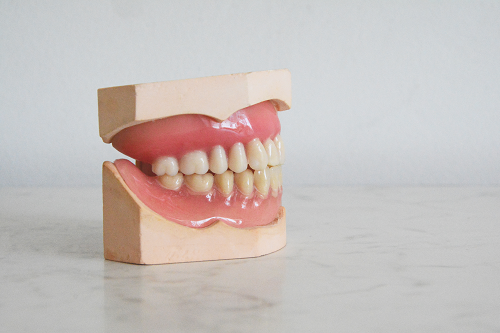
Proper Risk Management for Dentists
Dentistry requires a great deal of precision and personal trust between the patient and dentist. There isn’t often a lot of room for error. If a dentist makes a mistake because he or she fails to properly access risks, there could be a lot of costly damage.
Patients could face painful and complicated damages in the event of problems. If a dentist is negligent, then he or she could face costly malpractice lawsuits.
Liability insurance can protect dentists in the event of mistakes. However, dentists should always minimize risks so they aren’t served with a malpractice suit.
Keep these five tips in mind when reducing your in-office risks. 
1. Recognize Patient Risks
Many dental patients will have to face more than a simple cleaning at some point in their lives. A history of cavities, root canals and other procedures adds risks when a patient seeks routine care. Other factors — such as age, overall health and lowered immune systems — can also pose complications both during and after dental care.
Dentists should recognize these risks and keep a record of them. They should also take any preventative steps — such as prescribing antibiotics — before starting treatment. Finally, they should dictate proper at-home care following procedures.
2. Practice Safe Hygiene
Dental work poses significantly high risks of bacterial and germ transmission. That’s why dental offices should be unequivocally sterile. Instruments should be thoroughly sterilized after every treatment. Dentists should also ensure that they do not practice when ill.
3. Ensure Your Diagnoses Are Correct
Misdiagnosis is usually grounds for malpractice allegations. Always follow proper diagnostic practices when deciding courses of treatment. You don’t want to expose a patient to treatments or diagnoses he or she may not have or need.
4. Don’t Be Afraid Of Referrals
If a treatment is outside of your scope of expertise, don’t be afraid to send your patients to another specialist. This will help ensure that patients get the proper level of care, and that risks are low.
5. Never Forget To Smile
A good chairside manner is key to ensuring trust between you and the patient. If you’re friendly, attentive, aware and listen to your patient, then you have a much lower risk of making a mistake.
Tags: BOP, business, commercial, insurance, malpractice, owners, policy
